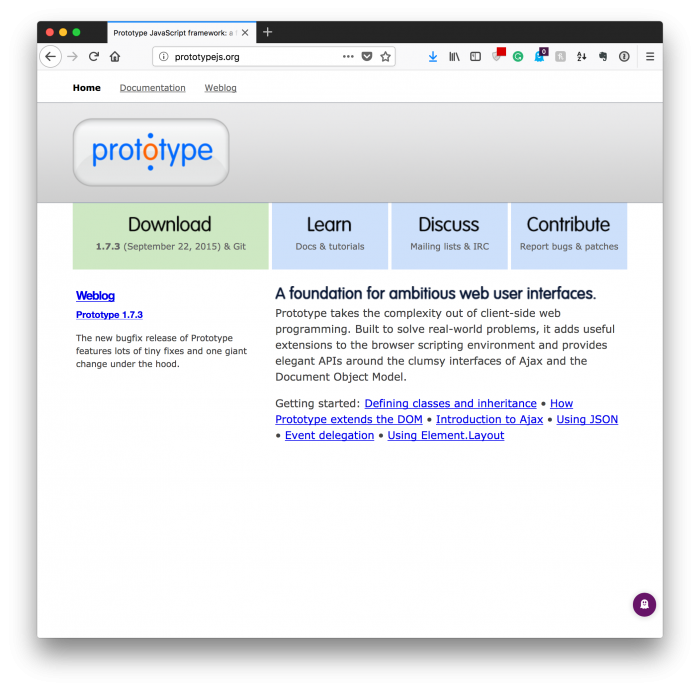I’m a fan of using both Homebrew and Valet when it comes to setting up and configuring a basic WordPress development environment. Though using package managers and simple software for such like this should make things easier, it doesn’t absolve us from the occasional problems.
Case in point: There are times in which we may have to update our TLD to play nicely with Chrome and other browsers, or even upgrade the entire installation.
Unfortunately, it’s not always as easy as it should be. Technically, we should be able to uninstall Valet and update it via Composer. But I’ve personally run into some problems that relegated having to:
- manually uninstall Valet,
- use Homebrew to uninstall PHP and clean up what was left completely,
- reinstall Homebrew packages,
- install Valet,
- verify the browser uses the same version of PHP as the installation of Valet.
It sounds like a lot of work for something that should more or less “just work” and it is quite a few steps, but they are pretty quick to set up.

